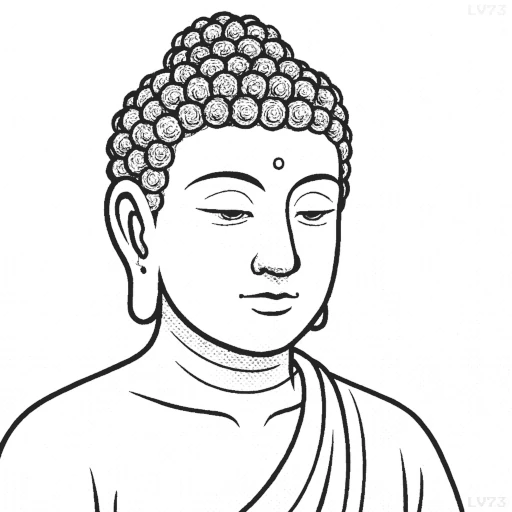“All wrong-doing arises because of mind. If mind is transformed can wrong-doing remain?”

- 7th century BC to 5th century BC
- Indian
- Religious leader, thinker
table of contents
Quote
“All wrong-doing arises because of mind. If mind is transformed can wrong-doing remain?”
Explanation
This quote emphasizes the power of the mind in shaping our actions and the idea that wrongdoing originates from mental states like ignorance, desire, and anger. It suggests that all harmful actions stem from a distorted or untrained mind, and if the mind is transformed—through practices like mindfulness, wisdom, and compassion—then wrongdoing will naturally fade away. The transformation of the mind leads to a shift in behavior, as an enlightened or clear mind acts in accordance with higher virtues, such as kindness and integrity, rather than selfishness or harm.
In modern life, this message encourages us to focus on mental clarity and self-awareness in order to prevent harmful actions. Many of the challenges we face in life, whether in personal relationships, work, or society, often stem from mental habits such as judgment, impatience, or greed. By transforming these mental patterns through practices like meditation or self-reflection, we can reduce harmful actions and create a more peaceful, ethical life. For example, someone who works on cultivating empathy and patience will be less likely to react impulsively with anger or judgment, leading to fewer conflicts and more harmonious relationships.
Historically, Buddha’s teachings focused heavily on the role of the mind in both suffering and liberation. He taught that mental states, especially those driven by attachment, hatred, and ignorance, are the root causes of wrongdoing. By transforming the mind through right thought, mindfulness, and wisdom, one can transcend harmful patterns and attain a state of inner peace and enlightenment. In this sense, the transformation of the mind is not just about controlling actions, but about deeply understanding the root causes of suffering and working to purify them at the source.
Would you like to share your impressions or related stories about this quote in the comments section?

